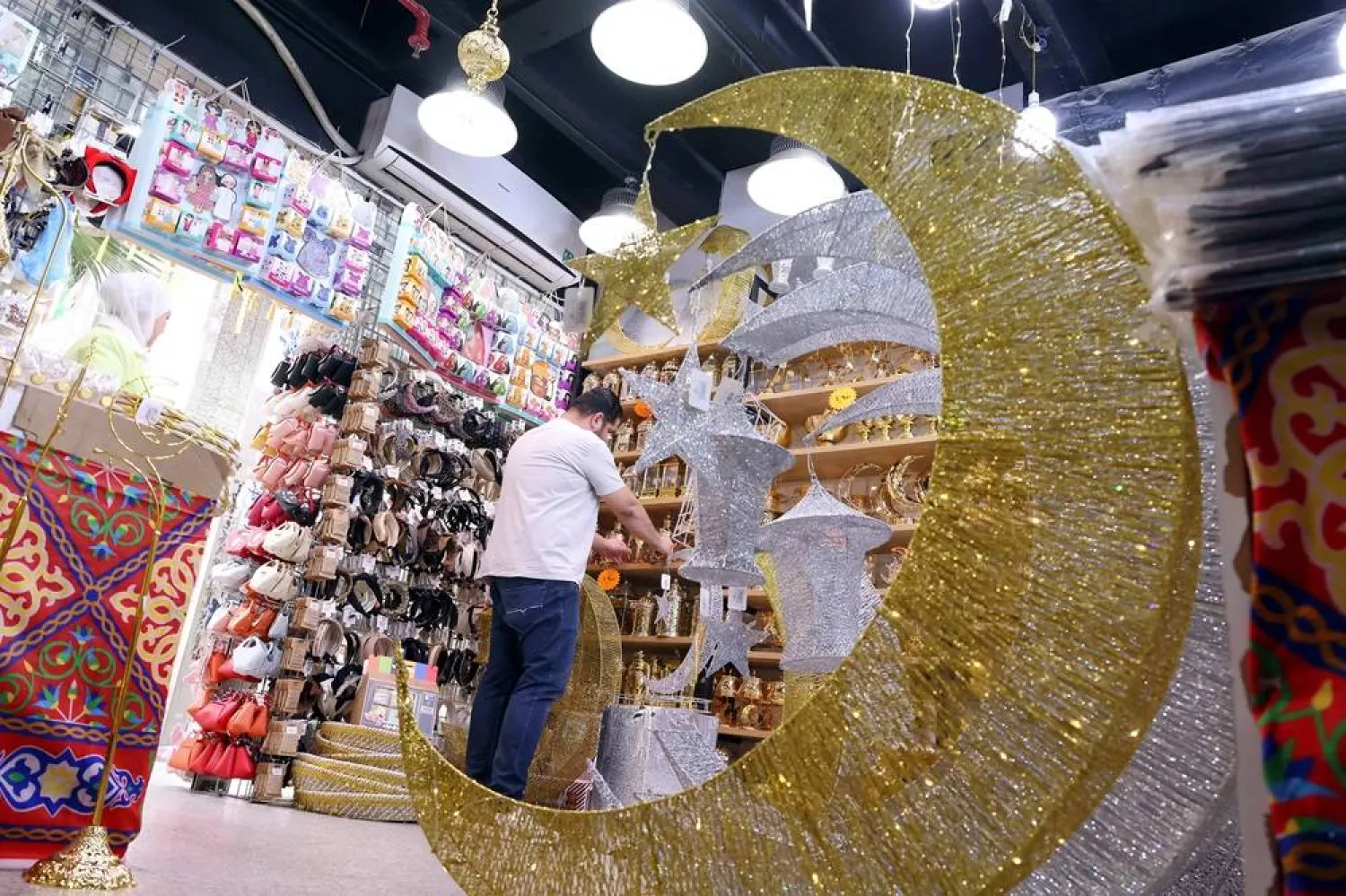The Kuwaiti Interior Ministry’s announcement on Saturday of a hotline to report cases of dual citizenship and citizenship forgery has stirred heated debate in the country.
In a statement, the ministry said the hotline was part of a legal measure as part of its efforts “to combat crime, corruption and preserve the national identity and public interest.”
Every person aware of a crime is obligated by law to report it, it stressed.
All measures taken by the ministry are in line with the constitution and laws, it went on to say after receiving a wave of criticism over the hotline.
Also on Saturday, four decrees were issued to revoke the citizenship of 26 people for various reasons.
It was the latest in such decisions. Around 30 people have had their citizenship revoked this month after it was found that they had obtained it through fraud.
Among the people targeted in the decision was opposition figure Hakim al-Mutairi, head of the Ummah Party. He was arrested and interrogated by Turkish authorities last year as Ankara attempts to improve its ties with the Gulf. Mutairi resides in Türkiye.
He was found guilty by Kuwait of involvement in the so-called “Gaddafi Leaks” case. Mutairi was accused of asking for funds from late Libyan leader Moammar al-Gaddafi to stir unrest in Gulf countries.
Elections fodder
The Interior Ministry’s request to report citizenship fraud has turned into fodder for the upcoming National Assembly elections.
Several former lawmakers and current candidates viewed the move as an attempt to “create strife” and turn people into informants.
Candidate Obeid al-Wasmi said: “It is inappropriate for the Interior Ministry to use the national identity as a subject for debate.”
“It is also inappropriate for it to recruit people as informants,” he added.
Former MP and current candidate Saud al-Asfoor said: “Making people suspicious of each other and inciting them to spy on each other will harm the country.”
Candidate Bader Sayar al-Shammari remarked: “The Kuwaitis are free people and have stuck together during the hardest times. They will not heed the call of a bankrupt discriminatory government that wants to drag them towards hatred.”









